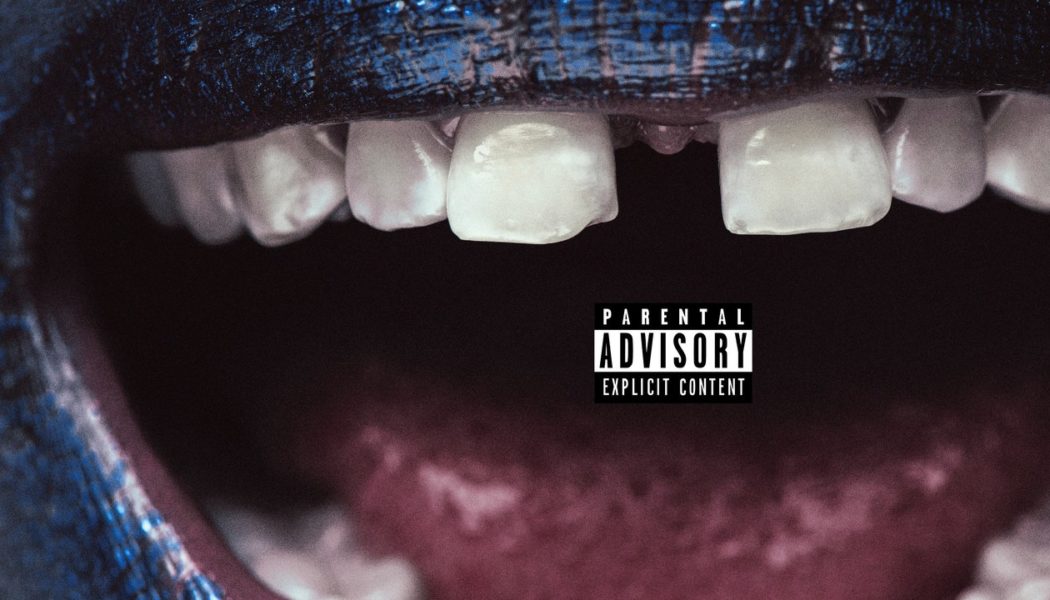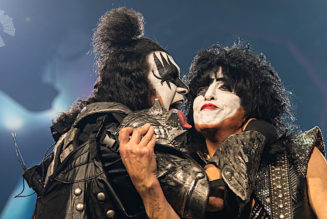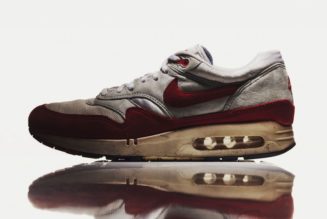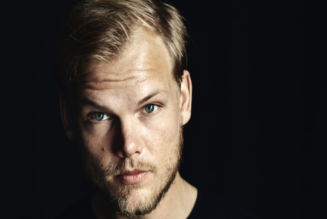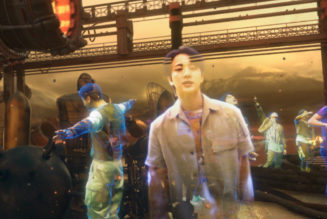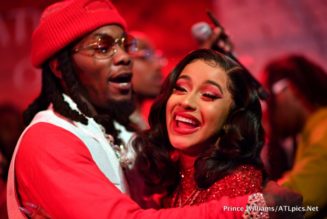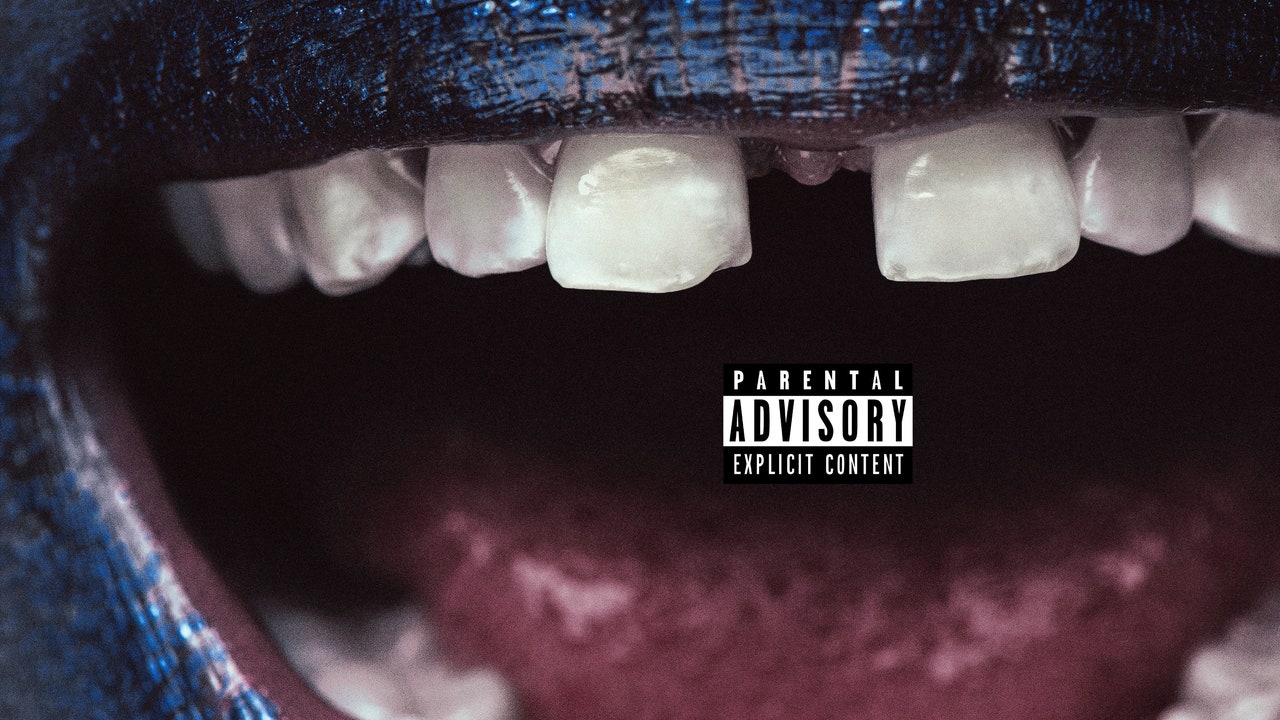
Schoolboy Q spends “Cooties,” the eighth track on his sixth studio album Blue Lips, marveling at the dimensions of the box he’s put himself in. “I know the feeling of being trapped from all the things that you built,” he yelps before ping-ponging between the spoils and troubles of the last 13 years. He’s working through trauma while dealing with haters; relishing the “house on the hill” where his daughters play soccer and he puffs ganja in the vestibule, but also worrying about school shootings and memories of betrayal. These are the nightmares of the outside world for Black folks folding into the creature comforts afforded by his rap stardom, and the paranoia and pride fight for space in the staggered elegance of Q’s delivery over scuzzy bass and drum slaps. As a whole, Blue Lips viciously prods at this sweet spot between comfort and anguish.
If 2019’s CrasH Talk was the kickback where Q leisurely took stock of his position in life, then Blue Lips is a thumping raucous night out with the homies chased with a shot of existential dread. The album’s title refers to the phenomenon of being shocked into speechlessness, and over a decade into his journey, he remains shocked at all the fans, accolades, and prestige he’s racked up. But instead of the occasionally maudlin poolside reflection of CrasH Talk, Blue Lips fully embraces the dissonance of pairing the morose with the manic. Q sounds like he needs to get all his ideas out in case he won’t have the chance to do it again. Every side of the California rapper—the former Hoover Street Crip, the iced-out spitter, the horny golf-playing father of two—is given room to stretch and ruminate and stomp his way across the rawest and most adventurous music of his career.
More than any other Top Dawg Entertainment artist, Q has thrived on hairpin musical turns. 2014’s Oxymoron and 2016’s Blank Face LP, in particular, are constantly molting, revealing a delicate ear for sequencing that brings variety while helping the experience stick to the ribs. He may not reach the conceptual heights of a Kendrick, but he doesn’t need to. He’s supremely gifted at balancing party jams and grizzled storytelling tracks with cinematic flair. Blue Lips keeps that structure while being bolder and weirder. Songs like the Rico Nasty-featuring “Pop” end abruptly and smash cut into the next without warning; songs that have smoother mass-appeal tendencies grind up against unvarnished soul loops and trippy drum ’n bass freakouts. The slinking “Movie” is ceded entirely to LA rapper AzChike, who turns it into a creaking Cali street rap funhouse. Intro track “Funny Guy,” with its trilling flutes and technicolor guitars and choir, sounds more like an Avalanches B-side than anything a disciple of Kurupt or Suga Free might touch, yet here Q is, crooning about money bags, sex, and kicking rowdy fans out of venues. There’s a bracing, madcap quality to Blue Lips, proof that he still knows how to surprise listeners by folding off-kilter influences into head-nodders and rocket fuel.
Q spends the album shooting out sparks on the sides of the rails without ever letting the train tip over. Centerpiece “oHio” has its own three-act structure that flirts with the epic scale of prog. A grainy funk beat wafts in for the first third, as Q hints at near-death experiences before cutting to flexes about his AmEx and getting head in Paris. Just as quickly, he’s slinging jokes (“Nigga, your bitch got a negative ass!”) on a fast-paced synth beat that skirts into lounge-jazz territory where he and Freddie Gibbs trade barbs about the pitfalls of fame and marriage over a piano and saxophone waltz. All of this happens in the span of five minutes. The rush of styles, tones, and themes would overwhelm a lesser artist and render the whole song a broken, soupy mess. But Q holds court, grinning his way through the peaks and valleys.
The sheer amount of modes Q is capable of switching between remains astounding. But Blue Lips never feels gaudy or overly concerned with elegance. None of it sounds made for the golf course or for soirées at the beach house. These are aggressive, revealing, and occasionally messy songs about the intersection of success and the underlying hurt from a sordid past it’s often used to conceal. For every kick-in-the-door anthem like the cop-blasting “Pig Feet,” or the giddy look-at-me-now-ness of “Foux,” Q will spend a track like “Germany ‘86”—named for where and when he was born—reminiscing on his father abandoning his family and the street life he inherited as a result.
Ever the blunt lyricist, Q’s writing has become more curt across the board, making every flex about jewelry land with as much impact as probes into his self-confidence. A song like “Blueslides” is a microcosm of Q’s writing at its most economical, bending light wordplay about depression and desperation around wilting piano and trumpets. Its second verse features several bars chastizing listeners for turning their backs on Kanye West, crudely chalking up his last half-decade of controversy to a growing indifference toward mental health advocacy. Though it’s an oversimplification of many complicated issues (and plenty of ignorance and bigotry), the hurt behind the admission is real. In context, the bars highlight one of the album’s, and Q’s, greatest concerns: the struggles of having everything in the world and still not being able to outrun your problems.
Near the beginning of “Movie,” there’s a brief vocal sample taken from Ralph Bakshi’s 1975 cult classic Coonskin, and that film’s imperfect candy-colored bacchanalia might be the closest analogue for Blue Lips’s brand of chaos. Bakshi’s goal was to bring the pains, pleasures, and racism of 1970s inner cities to life in lurid detail. While Q’s ambitions aren’t that lofty, the album’s frenetic pacing and writing fit the mold all the same. A world’s worth of regret and fun is squeezed into just under an hour, and aside from a few hiccups—Devin Malik’s opening verse on the otherwise exhilarating “Back n Love” is a particularly harsh speed bump—hardly a second is wasted. It doesn’t just push Q past the crossroads he was at pre-pandemic, it reaffirms him as one of mainstream rap’s most engaging and daring stylists. Few MCs, on his label or elsewhere, are capable of firing in so many different directions and hitting this many targets at once without sounding out of their depth, but Q corrals the ups and downs of his lavish lifestyle into a deliriously entertaining joyride.
